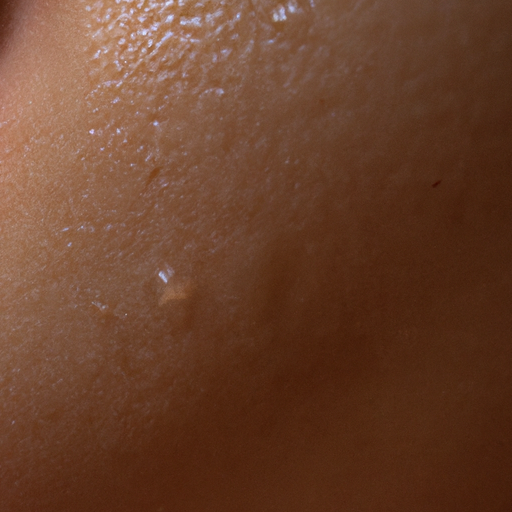Oily skin can be a challenging skin type to manage. The overproduction of sebum, an oily substance produced by your skin’s sebaceous glands, can lead to a shiny complexion, enlarged pores, and an increased risk of acne. However, with the right skincare regimen and lifestyle habits, you can effectively manage oily skin and banish that unwanted shine. Here are eight essential tips for conquering oily skin.
1. Cleanse Regularly: The first step in managing oily skin is regular cleansing. Use a gentle, oil-free cleanser twice a day to remove excess oil and dirt from your skin. Avoid harsh soaps or detergents as they can strip your skin of its natural oils, causing it to produce more oil to compensate.
2. Exfoliate: Exfoliating helps remove dead skin cells that can clog pores and cause breakouts. However, it’s important not to overdo it as excessive exfoliation can irritate your skin and stimulate more oil production. Aim to exfoliate once or twice a week with a product specifically designed for oily skin.
3. Use Oil-Free Moisturizers: Even if your skin is oily, it still needs hydration. Opt for oil-free or non-comedogenic moisturizers that won’t clog your pores. Look for ingredients like hyaluronic acid or glycerin that can provide hydration without adding extra oil.
4. Apply Sunscreen: Sun exposure can trigger more oil production and lead to breakouts. Always apply a broad-spectrum sunscreen with at least SPF 30 before going outside. Choose an oil-free or gel-based formula that won’t leave your skin feeling greasy.
5. Use Blotting Papers: Blotting papers are a quick and easy way to absorb excess oil throughout the day without disturbing your makeup or stripping your skin of its natural oils. Gently press the paper against your skin and then remove it. The oil will stick to the paper, leaving your skin looking matte.
6. Choose Makeup Wisely: If you wear makeup, choose products that are oil-free and non-comedogenic. Mineral-based products can also be a good choice as they absorb oil and reduce shine. Avoid heavy, creamy products that can clog your pores and increase oiliness.
7. Watch Your Diet: Certain foods can trigger oil production. Foods high in sugars, fats, and dairy products can stimulate your sebaceous glands to produce more oil. Try to incorporate more fruits, vegetables, and lean proteins into your diet for healthier skin.
8. Stay Hydrated: Drinking plenty of water can help regulate oil production in your skin. When your body is dehydrated, it may produce more oil to compensate. Aim for at least eight glasses of water a day to keep your skin hydrated and healthy.
In conclusion, managing oily skin requires a combination of the right skincare products, a healthy diet, and good lifestyle habits. It may take some trial and error to find what works best for you, but with patience and consistency, you can effectively control oil production and achieve a balanced, shine-free complexion. Remember, everyone’s skin is unique, so what works for one person may not work for another. If you’re struggling with oily skin, consider consulting with a dermatologist or skincare professional for personalized advice.



